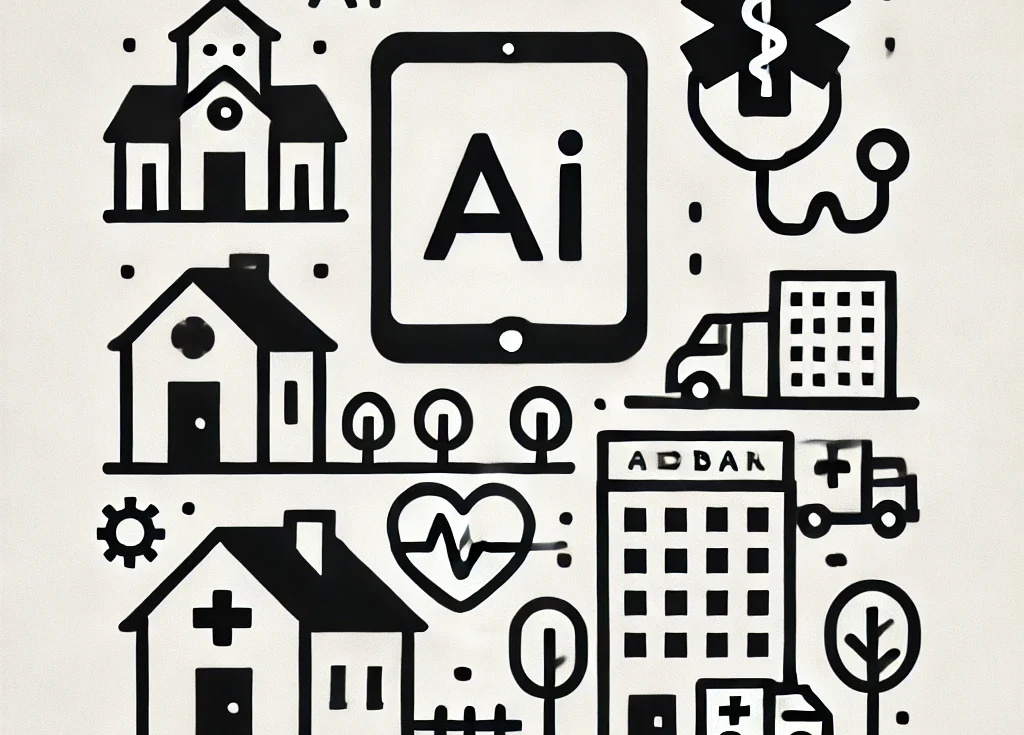
The Role of AI in Community Development
In a world where technology evolves faster than ever, artificial intelligence (AI) has become a game-changer for communities worldwide. Far beyond the realm of sci-fi, AI now plays a critical role in tackling real-world challenges especially in education, economic development, and public health. Imagine a small village with limited access to schools. Through AI-powered online learning platforms, students in remote areas can connect with world-class educators, access tailored resources, and build skills previously out of reach. Tools like adaptive learning systems ensure that no one is left behind, customizing the pace and content based on each student’s needs. AI also facilitates language translation, breaking down barriers for students in multilingual regions, ensuring that learning is accessible to everyone.
AI is also revolutionizing job creation. Platforms leveraging machine learning can match individuals with job opportunities that align with their skills and aspirations. For refugees, for instance, this means connecting with roles that don’t just provide a paycheck but help rebuild their lives and dignity. AI-powered training tools can upskill individuals, offering programs tailored to industries in demand. By analyzing patterns in economic data, AI can pinpoint where investments will yield the most significant impact, empowering governments and NGOs to prioritize effectively and create sustainable growth opportunities.
Ai in Community Development
Healthcare is another frontier where AI makes a tangible difference. Predictive analytics help communities prepare for outbreaks, while AI-driven diagnostics provide faster, more accurate disease detection. Imagine an underserved clinic using AI tools to diagnose conditions from x-rays or lab results saving lives where doctors are scarce. Moreover, wearable AI devices can monitor chronic conditions, alerting patients and healthcare providers to potential issues before they become emergencies. This accessibility bridges the gap between underserved populations and critical healthcare services.
Urban planning is yet another area benefiting from AI. Cities can use AI algorithms to optimize traffic flow, reduce energy consumption, and predict infrastructure needs. By analyzing data from sensors and public records, AI can guide policies that make urban spaces more livable and sustainable. These solutions, when scaled, have the potential to transform both urban and rural communities alike.
What for the Future?
While the potential of AI is immense, its success hinges on inclusivity and ethical implementation. Communities must ensure AI tools are accessible to all, respect cultural nuances, and address bias. After all, the goal is to create technology that uplifts, not alienates. It’s equally important to invest in AI literacy programs, so community members can engage with these tools confidently and responsibly.
The future of AI in community development is bright but it’s a shared journey. Whether you’re an innovator, educator, or changemaker, there’s a role for you in harnessing AI’s power to shape a better, more connected world.
Urban planning is yet another area benefiting from AI. Cities can use AI algorithms to optimize traffic flow, reduce energy consumption, and predict infrastructure needs. By analyzing data from sensors and public records, AI can guide policies that make urban spaces more livable and sustainable. These solutions, when scaled, have the potential to transform both urban and rural communities alike.




